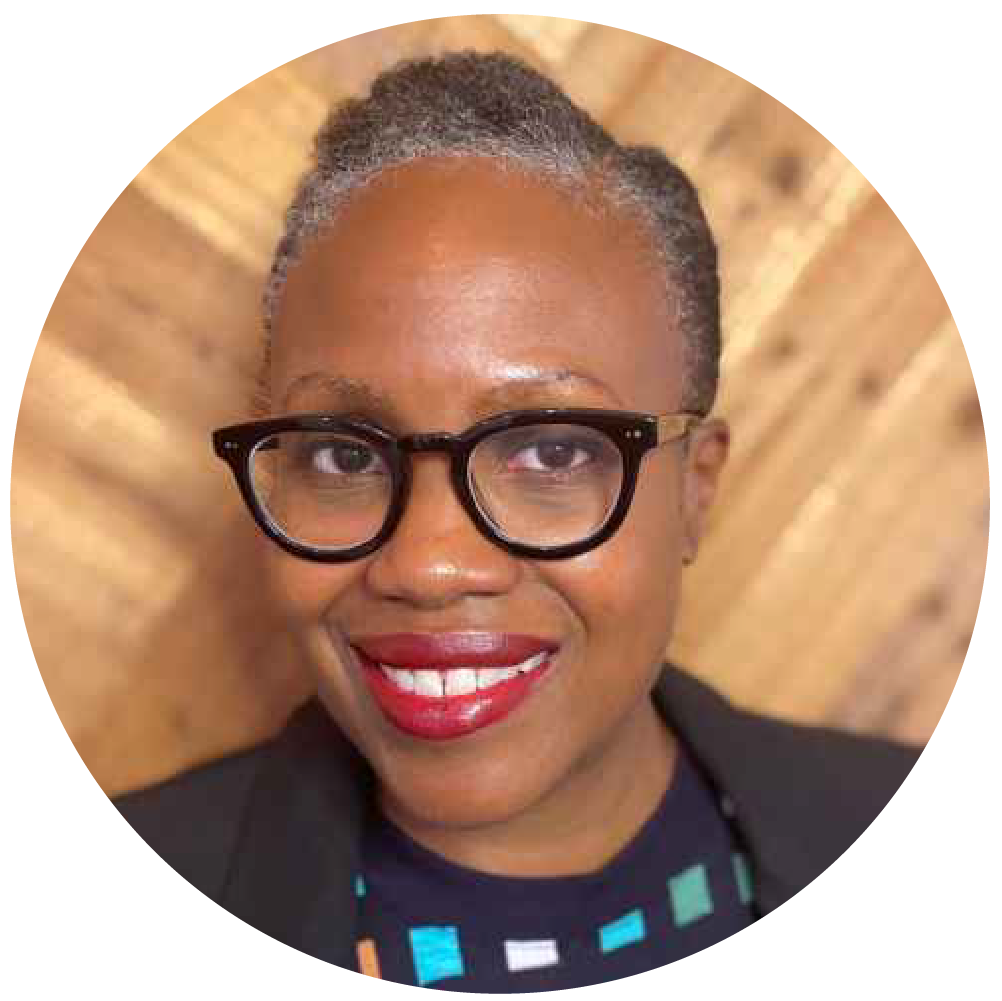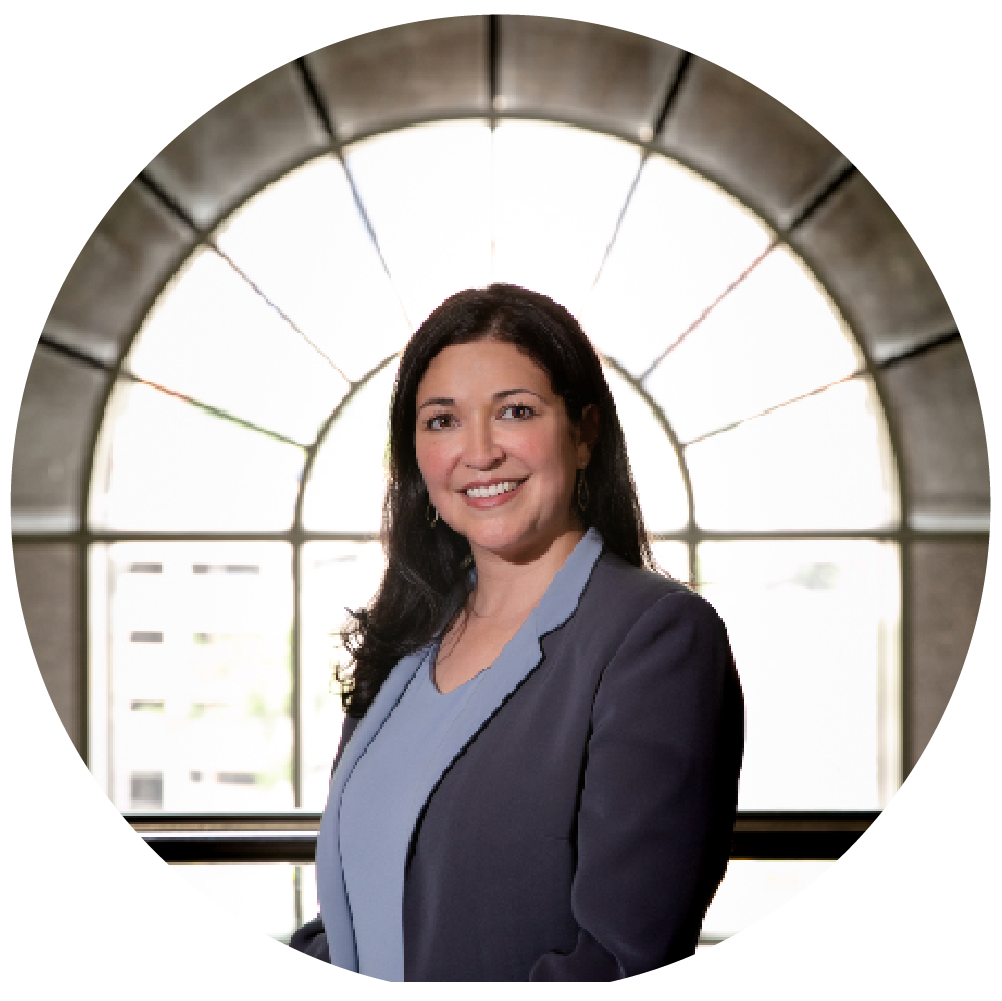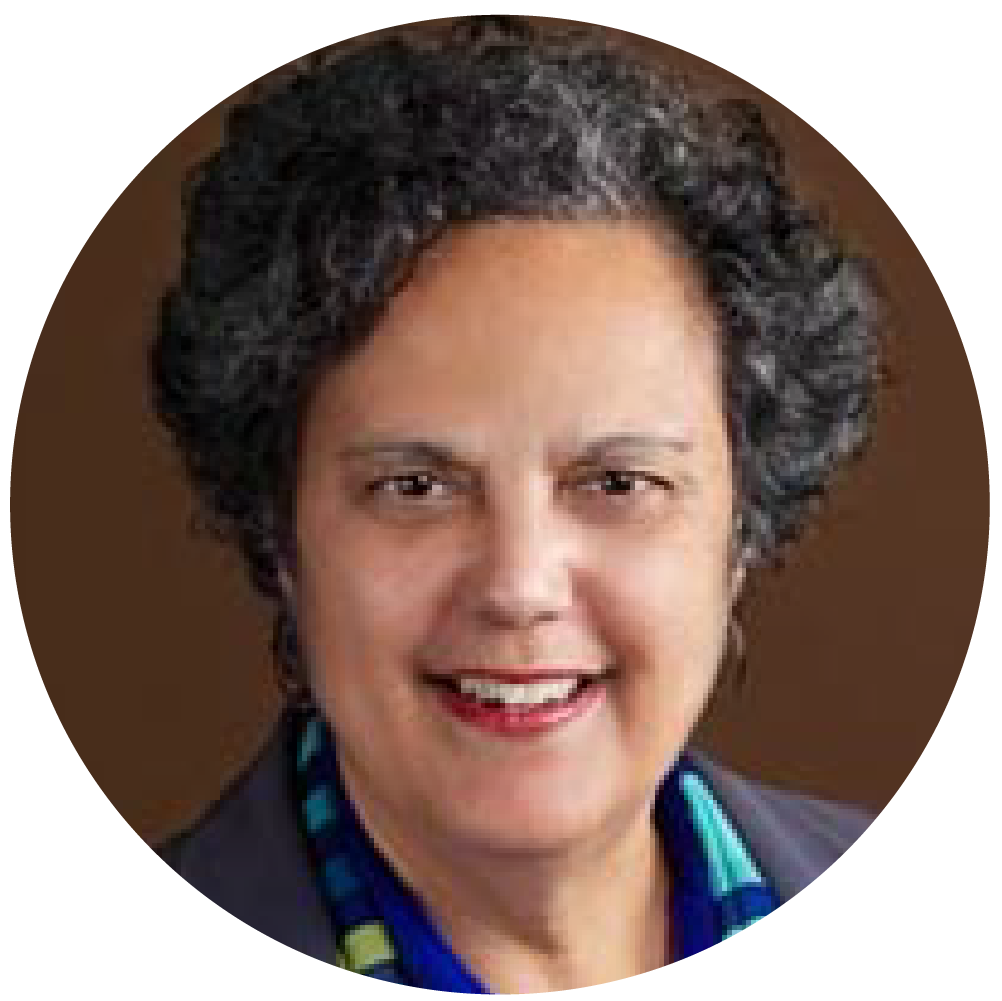
Miscarriages of Justice: Litigating beyond Factual Innocence
This Guide is intended to provide post-conviction litigators, conviction integrity prosecutors, judges, legislators, and wrongly convicted individuals themselves with innovative and creative approaches to addressing miscarriages of justice. The creation of this Guide was spurred on by three related trends: 1) Supreme Court decisions limiting federal habeas corpus and the increased focus on post-conviction relief in state courts; 2) Conviction Integrity Units in prosecutors’ offices increasingly reviewing and vacating convictions based on miscarriages of justice rather than solely based on proof of innocence; and 3) post-conviction litigators successfully bringing claims based on a holistic review of the evidence, interest of justice, and expanded applications of state constitutional and statutory provisions. Additionally, in recent years, legislatures have passed statutes allowing for the review of convictions based on the presence of racial bias, the age of the convicted person at the time of the crime or sentence, or excessive or otherwise unfair sentences. Given the increasing focus on state post-conviction proceedings as a primary source of relief, this Guide seeks, collects, and analyzes cases gathered from across the country to highlight the ways in which stakeholders are finding relief for miscarriages of justice.
This Guide was produced in a collaboration of legal scholars, Conviction Integrity Unit Directors, public defenders, and innocence litigators, who formed a working group led by the Academy for Justice at the Arizona State University Sandra Day O’Connor College of Law.
The Miscarriages of Justice: Litigating Beyond Factual Innocence Guide was unveiled at the Miscarriages of Justice Symposium held on January 27, 2023.
Authors

Valena Beety
Professor of Law, Arizona State University Sandra Day O’Connor College of Law, Deputy Director of the Academy for Justice
Valena Elizabeth Beety is professor of law at Arizona State University Sandra Day O’Connor College of Law and the deputy director of the Academy for Justice, a criminal justice center connecting research with policy reform. Previously, Beety served as a law professor and the founding director of the West Virginia Innocence Project at the West Virginia University College of Law. Her experiences as a federal prosecutor in Washington, D.C., and as an innocence litigator in Mississippi and West Virginia, shape her research and writing on wrongful convictions, forensic evidence, the opioid crisis and incarceration. She is the co-editor of the Wrongful Convictions Reader and the Scientific Evidence Treatise. Professor Beety has successfully exonerated wrongfully convicted clients, obtained presidential grants of clemency for drug offenses, and served as an elected board member of the national Innocence Network, an invited board member of the Research Center on Violence, and an appointed commissioner on the West Virginia Governor’s Indigent Defense Commission.

Karen Newirth
Founder and Principal, Newirth Law, PLLC

Karen Thompson
Civil Rights Attorney, ACLU New Jersey
Karen Thompson is a Senior Staff Attorney at the ACLU-NJ. Karen works on a wide range of issues, both civil and criminal, with a particular focus on racial inequality. She litigates in trial and appellate courts and advocates in an array of venues, including state agencies, school districts and municipalities.
Prior to joining the ACLU of New Jersey, she was a senior staff attorney at the Innocence Project, where she successfully represented clients in post-conviction and appellate proceedings, winning several motions for DNA testing and vacating the wrongful convictions of clients in Oklahoma, South Carolina, West Virginia, Arkansas and Pennsylvania. Karen was previously the Director of Scholarship Programs at the NAACP Legal Defense and Education Fund, where she advanced and modernized the programs for students interested in pursuing racial equity and social justice. As an associate at Morrison & Foerster and Orrick, Herrington & Sutcliffe LLP, she represented criminal defendants and asylum seekers as part of her rigorous pro bono practice.
Karen holds a B.A. in English and African-American studies from Carleton College, a M.A. in Performance Studies from New York University, and a law degree from Northwestern University School of Law. Karen started with the ACLU in May 2019.
Working Group Members

Valena Beety
Professor of Law, Arizona State University Sandra Day O’Connor College of Law, Deputy Director of the Academy for Justice

Cynthia Garza
Chief of the Conviction Integrity Unit, Dallas County District Attorney’s Office
Cynthia R. Garza is the Special Fields Bureau Chief of the Dallas County District Attorney’s Office’s and Chief of the Conviction Integrity Unit (CIU). Ms. Garza graduated magna cum laude with a double undergraduate degree in Sociology and Psychology, with distinction, from Southern Methodist University in 2001. She received her law degree in 2004 from Southern Methodist University Dedman School of Law.
Ms. Garza established her own law firm after graduation and later joined a criminal defense firm where she honed her skills in appellate and post-conviction criminal defense. Ms. Garza joined the Dallas County District Attorney’s Office’s Appellate Division in 2008 and joined the Conviction Integrity Unit in January 2010. Ms. Garza served as Acting Chief of the Unit for 10 months before being named the Chief of the CIU in July 2017. She has been involved in a significant percentage of the Unit’s exonerations.

Stephanie Roberts Hartung
Senior Attorney, New England Innocence Project
Prior to joining NEIP in 2022, Stephanie was a law professor in Boston for 19 years. As a faculty member at Suffolk and Northeastern Law Schools, she taught courses focusing on lawyering skills, wrongful convictions, appellate advocacy, and social justice. Her research and scholarship focused on wrongful convictions and criminal procedure. For the last ten years, Stephanie has also served on NEIP’s Board of Trustees, and has authored multiple amicus briefs and law review articles on issues relating to DNA testing, flawed forensic evidence, and the “confluence of factors” approach to post-conviction review of innocence claims. Before joining academia, she worked as a public defender in California, where she advocated for indigent people charged with criminal offenses. She brings a wealth of experience and passion to her new role at NEIP.

Lisa Kavanaugh
Associate Justice, Middlesex County Superior Court in Massachusetts
Lisa M. Kavanaugh is the director of the Committee for Public Counsel Services (CPCS) Innocence Program, a unit of the statewide public defender agency in Massachusetts that identifies innocence cases and provides litigation support and funding for the investigation and expert resources needed. In addition to litigating cases and administering Innocence Program resources, Ms. Kavanaugh is actively involved in developing statewide training programs on flawed forensic evidence and other leading causes of wrongful convictions. In 2013, she formed a Working Group of criminal justice leaders to improve access to post-conviction DNA analysis and reform evidence handling practices. A frequent lecturer at local and national CLE training programs, she has also served as a Visiting Lecturer of Law at Harvard Law School, an Adjunct Professor with the Boston College Law School Innocence Clinic, and training faculty member for trial skills programs at Harvard Law School. She presently serves on the Supreme Judicial Court’s Standing Committee on Eyewitness Identification and heads the Running for Innocence Program.

Karen Newirth
Founder and Principal, Newirth Law, PLLC

Carrie Sperling
Assistant Attorney General, Minnesota Attorney General’s Office
After spending more than two decades litigating on behalf of wrongly convicted clients, Carrie Sperling joined the Minnesota Attorney General’s Office to direct new Conviction Integrity Unit. Most recently, Sperling was a clinical professor, directing the Wisconsin Innocence Project at University of Wisconsin Law School. She and her students litigated cases that produced exonerations for innocent clients. Sperling was also a member of the clinical faculty at Sandra Day O’Connor College of Law, Arizona State University. She directed the Arizona Justice Project, where she led a unique collaboration between the Justice Project and the Arizona Attorney General’s Office to provide Arizona inmates access to DNA testing.

Karen Thompson
Civil Rights Attorney, ACLU New Jersey

Cheryl Brown Wattley
Professor of Law, Director of the Joyce Ann Brown Innocence Clinic, UNT Dallas College of Law
Professor Cheryl Brown Wattley joined the inaugural faculty of the UNT Dallas College of Law from the University of Oklahoma College of Law, where she served on the faculty from 2006 through 2013 and was Professor of Law and Director of Clinical Education. Professor Wattley teaches Criminal Law in the first-year curriculum. She also teaches the upper level courses, The Trial Process and Courtroom Advocacy. Professor Wattley serves as the Director of Experiential Education overseeing the law school’s externship program; the Community Lawyering Centers; the Joyce Ann Brown Innocence Clinic; and the law school’s Community Engagement Program. Professor Wattley graduated from Smith College, cum laude, with high honors in Sociology. She received her Juris Doctorate degree from Boston University College of Law, where she was a Martin Luther King, Jr. fellow and recipient of the Community Service Award.